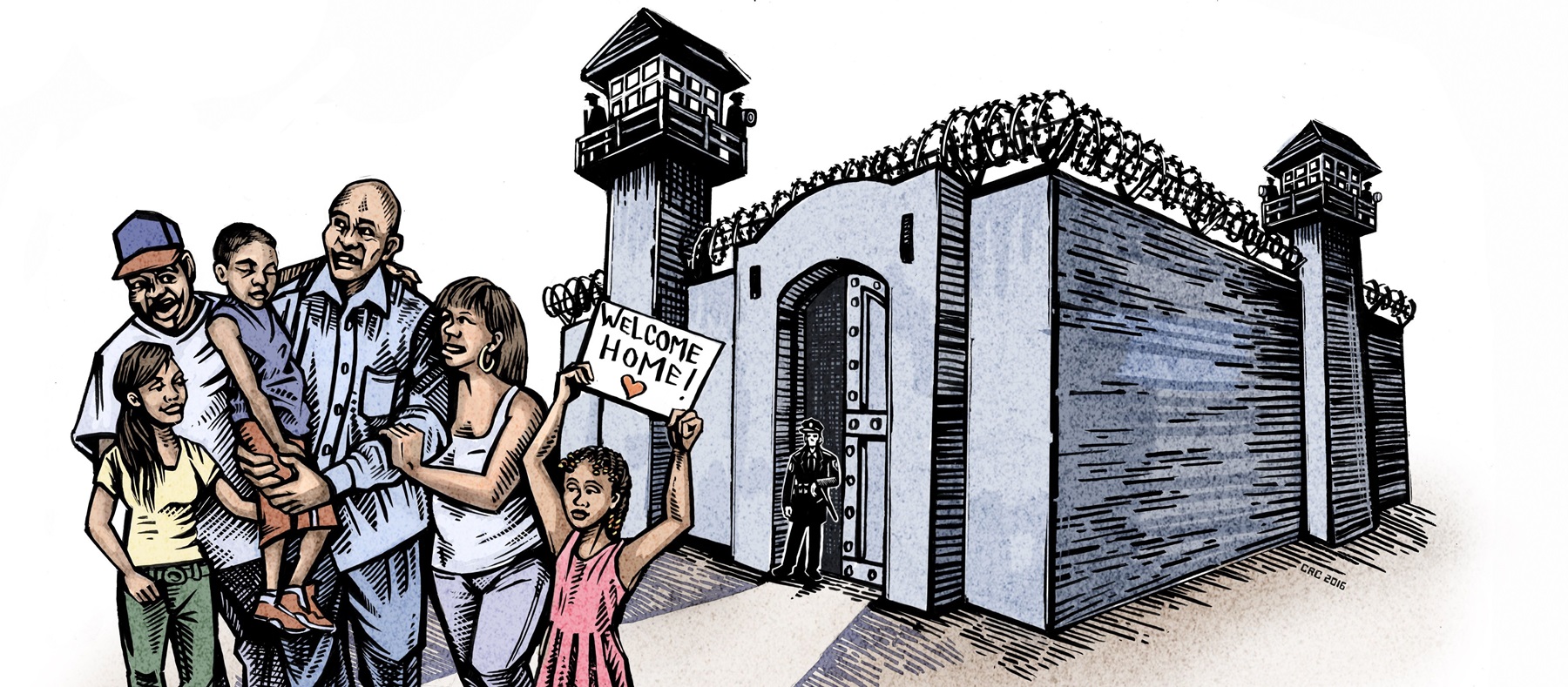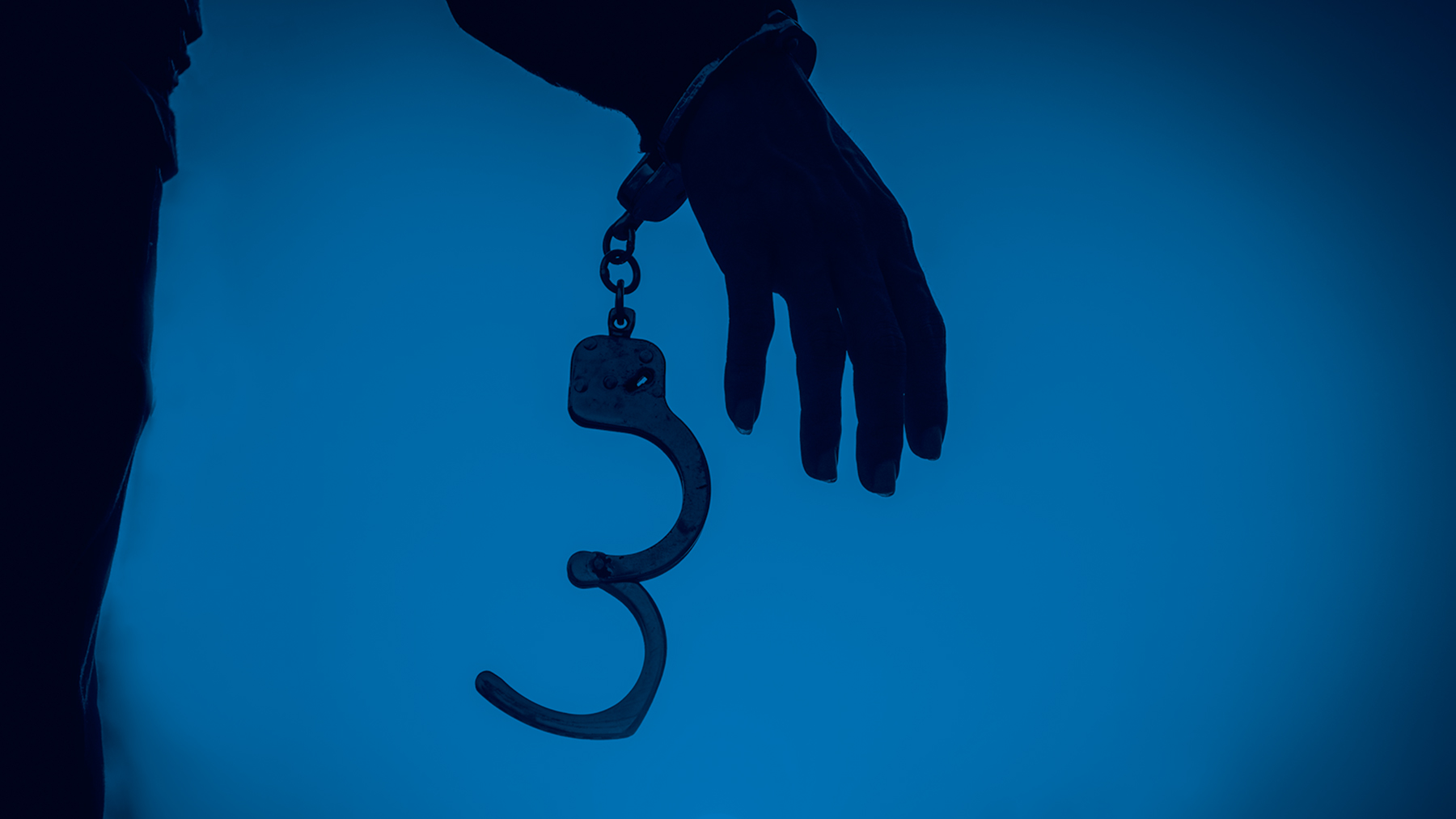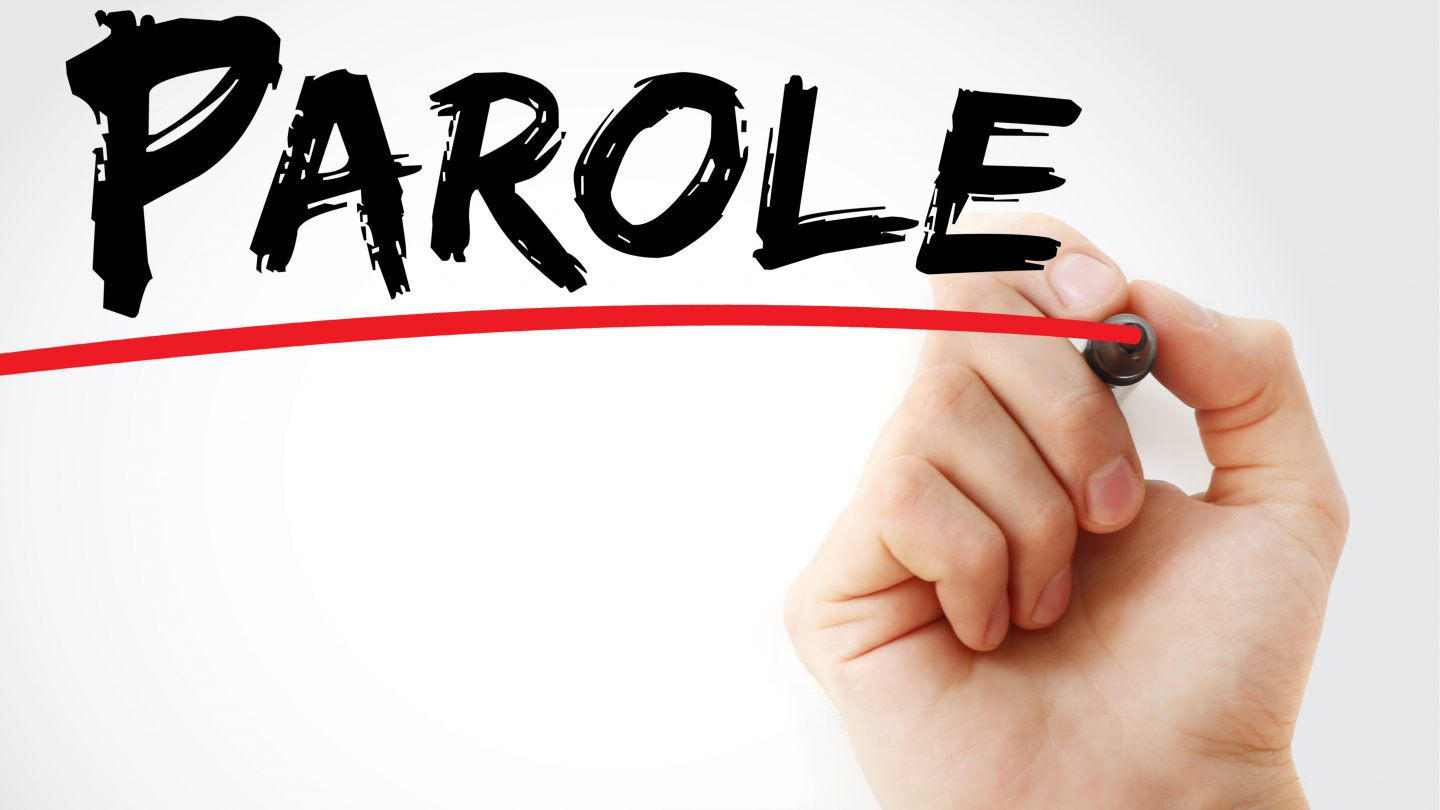Parole is conditional freedom for a prison inmate. The prisoner (called a “parolee”) gets out from behind bars but must live up to a series of responsibilities. A parolee who doesn’t follow the rules risks going back into custody (prison). This article discusses what parole means and how it generally works, but laws and procedures can vary from state to state.
Parole Basics
Under parole as most people think of it—sometimes called “discretionary” parole—an inmate gets out of prison early and serves some part of the remaining sentence under parole supervision. Another kind of parole is called “mandatory” parole. Mandatory parole comes after—not in lieu of part of—the defendant’s prison sentence. Mandatory parole shares similarities with the federal supervised release system.
Parole Is Not a Right
Under the traditional parole system, parole is a privilege for prisoners who seem capable of reintegrating into society. It’s not a right. Although some criminal statutes carry a right to an eventual parole hearing, typical laws don’t absolutely guarantee parole itself. Authorities retain the discretion to deny parole to prisoners they deem dangerous. (Often, a parole board that denies parole to a prisoner sets another parole hearing at some later point, sometimes after several years.)

Eligibility for Parole
State law can provide that some kinds of convictions make prisoners ineligible for parole or eligible only after a very long prison sentence. Indeed, life without parole, regularly referred to as “LWOP,” is a common alternative sentence to the death penalty.
Many prisoners do, however, become eligible for parole. Commonly, after a parole board finds that a prisoner is eligible, the inmate appears at a parole hearing. If granted parole, the parolee is released and lives free in society but under the continued supervision of the prison authority. (Parole decisions can involve multiple steps—for instance, review by a panel from the parole board and then review by the whole board. In a few states, the state governor gets to review the parole decision and might have the option to reverse at least some parole grants.)
Often, the prison authority primarily supervises the parolee through mandatory visits with a parole officer. State parole services (usually a branch of the department of corrections) may provide transitional services tailored to the parolee’s needs, such as shelter in a halfway house or intensive mental health counselling.
Why Parole?
Parole is designed as an opportunity for a prisoner to transition back into society. The restrictions on parolees are supposed to encourage good behaviour after incarceration. In fact, even before prisoners get out of custody, the possibility of parole gives them an incentive to avoid trouble.
Parole also reduces prison overcrowding and grants offenders who are considered unlikely to harm others the benefit of supervised life in society. Parole helps the government try to cut down on the high costs of maintaining large prison populations while keeping the population at large safe.
Parole Conditions
Once out on parole, a parolee enjoys the privilege of relative freedom in return for abiding by certain conditions. Some common parole conditions are that the parolee:
-
maintain employment and a residence
-
avoid criminal activity and contact with any victims
-
refrain from drug—and sometimes alcohol—use
-
attend drug or alcohol recovery meetings
-
not leave a specified geographic area without permission from the parole officer.
Under a typical parole system, the parolee is assigned a parole officer and must meet with that officer periodically. The parole officer may also make unannounced visits to the parolee’s home to check that the parolee is truly abiding by the relevant conditions. Unannounced visits let the officer observe whether, for example, there is evidence of parole violations like drug use.
Types of Parole Violations
Violating parole by committing a crime can often land parolees back in prison or in jail. Some of the more minor or technical violations, such as prohibited alcohol use, could result in parole authorities imposing stricter or additional conditions rather than immediately commencing back-to-prison (revocation) proceedings. For instance, a parole officer might refer the parolee to substance abuse counselling (including, for example, AA meetings) and require proof of attendance. If the parolee fails to comply with the requirement, or if the parole violation was serious enough, the authorities may begin revocation proceedings.

Parole Revocation or Violation Hearing
At a typical hearing, the decision-maker, whether a judge, the parole board, or part of the parole board, will consider the nature and circumstances of the violation. (Parole violation proceedings can involve multiple steps, such as a hearing before a parole officer and then before the board itself.) The decision-maker determines whether to send the parolee back into custody. Depending on the rules of the jurisdiction, the prisoner may spend weeks, months, years, or the remainder of the original sentence back behind bars. The prisoner may also be granted a new parole hearing set to occur after serving some specified time.
Final Word
Parole law varies by state. If you want to learn more, a knowledgeable lawyer will be able to more fully explain the law and procedures, including whether parole decisions are final. You may also find valuable information by searching for online resources.

